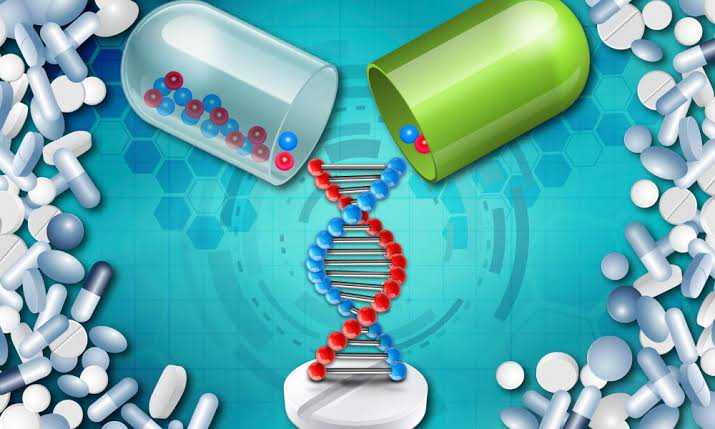Drug Resistance: Resilience in Resistance
Resilience in Resistance
Drug resistance is a significant challenge in the treatment of various diseases, from bacterial infections to cancer. As pathogens evolve it's mechanisms to evade the effects of drugs, researchers are continually developing innovative strategies to overcome resistance and improve treatment outcomes.
Approaches employed to combact Drug resistance
In the field of pharmacology, several approaches are being explored to combat drug resistance and ensure the effectiveness of medications which are:
Combination therapy:
By using multiple drugs with different mechanisms of action, researchers can target multiple pathways involved in disease progression, making it harder for pathogens or cancer cells to develop resistance. This approach has been successful in treating diseases such as HIV/AIDS and tuberculosis, where combination drug regimens have significantly improved patient outcomes and reduced the risk of resistance.
Development of novel drug delivery systems:
By using nanotechnology, researchers can deliver drugs directly to the site of infection or tumor, bypassing mechanisms of resistance and maximizing therapeutic efficacy. Nanoparticle-based drug delivery systems can also improve drug stability and bioavailability, reducing the likelihood of resistance development and enhancing patient compliance.
Immunotherapy:
It harnesses the power of the immune system to target and destroy cancer cells. Unlike traditional chemotherapy, which can be thwarted by drug resistance mechanisms, immunotherapy works by stimulating the body's own immune response, offering a promising avenue for overcoming resistance and improving long-term outcomes for cancer patients.
Advances in molecular diagnostics:
They enabling researchers to identify drug-resistant mutations in pathogens or cancer cells more rapidly and accurately. By understanding the genetic mechanisms of resistance, researchers can tailor treatment strategies to target specific mutations and overcome resistance more effectively. This personalized approach to treatment creates room for improving patient outcomes and reducing the risk of treatment failure due to drug resistance.
Challages associated with Drug resistance
Despite these advances, overcoming drug resistance remains a challenge that requires ongoing research and collaboration across disciplines.
Drug-resistant pathogens and cancer cells are evolving, necessitating a dynamic and adaptable approach to treatment. By combining the latest scientific knowledge with innovative technologies and collaborative efforts, researchers can continue to develop effective strategies to combat drug resistance and improve the lives of patients worldwide.
Conclusion:
Drug resistance is a complex and multifaceted problem that requires a comprehensive approach to address effectively. Through combination therapy, novel drug delivery systems, alternative treatment modalities, and molecular diagnostics, researchers are making significant strides in overcoming resistance and improving treatment outcomes in pharmacology. By continuing to innovate and collaborate, we can stay one step ahead of drug-resistant diseases and ensure that patients receive the most effective and personalized care possible.
Anne Amina Freitas






Comments
Post a Comment